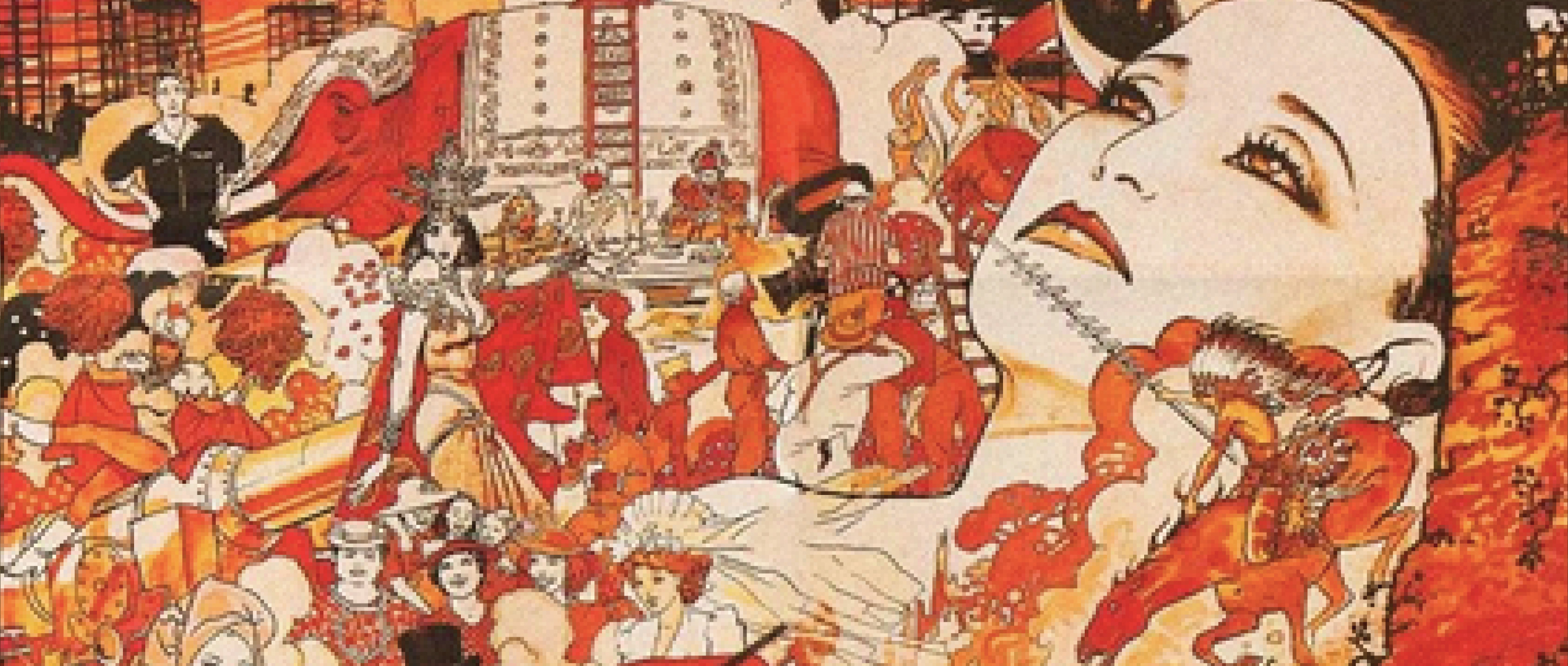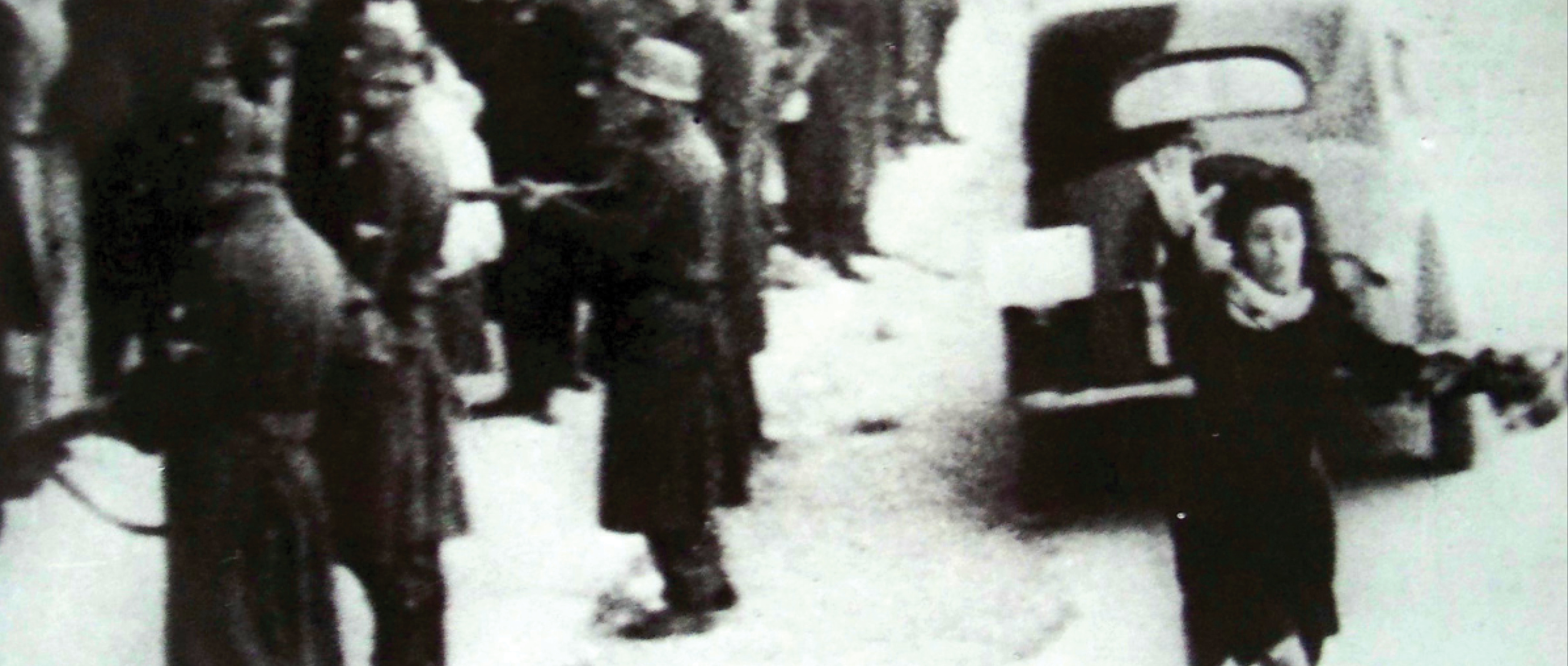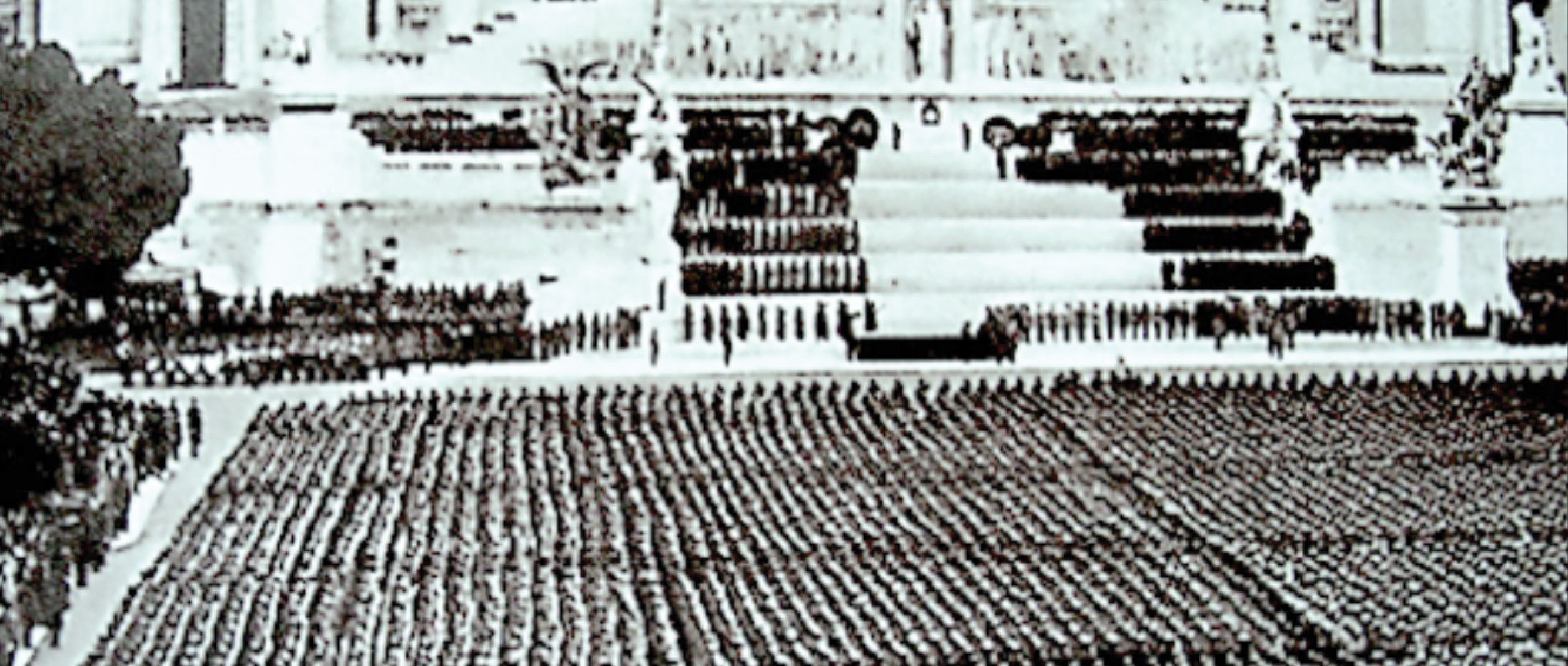Italian Fashion Cultures
Cross-listed with RMST100

Milano Fashion Week & Design, 02/2011 | Source: Flickr (Mat's Eye)
In 2022, Italy’s newly-elected, right-wing prime minister, Giorgia Meloni, re-named a previous trade ministry as the “Ministry for Business and Made in Italy,” thereby invoking a key marker of Italian commercial, group, and cultural identity. Since the end of the WWII, the garment and accessories sector has been traditionally recognized as a pillar within the Made in Italy industries.
“Italian Fashion Cultures” examines both the national history of Italian fashion since the post-WWII period and its global dimensions. The course delineates the dynamics among the country’s fashion capitals (Florence, Rome, and Milan), with a focus on the apparel sector’s growth during the 1950s-1970s. We also probe how and why Italian fashion has developed in response to the clothing sector’s exigencies and creative tension with France, the United States, and China.
The course highlights ready-to-wear and fast fashion, the two most significant categories of the fashion world today. Cultural appropriation, decoloniality, and sustainability are examined throughout the course in relation to the course’s primary texts, including fashion journalism, websites, social media, advertising, literature, films, and artworks.
Students are encouraged to consider three central questions:
(1) how clothing is represented in the primary texts to influence the audience’s cognitive and affective knowledge;
(2) how fashion helps forge individual, brand, national, and other cultural identities;
(3) given the ubiquitous presence of fashion branding, how these narratives articulate the Made in Italy cachet to consumers?
The course does not assume student’s prior knowledge of Italy or Italian fashion. Oral presentations and a final project (in the format of a critical essay, a short film, a multimedia project, or creative writing) are the main tools of assessment of learning outcomes. Regular attendance in class lecturing and participation in group discussions and in-class activities are essential for developing critical and analytical skills for these assessment activities.
Language of instruction: English
Prerequisites: No prerequisites
Final project: 35%
Prospectus: 15%
Three “Fashion Stories” (improvised oral presentations) and written reports: 30%
Final oral presentations: 10%
Class participation, regular attendance, and professionalism: 10%
Coming soon





